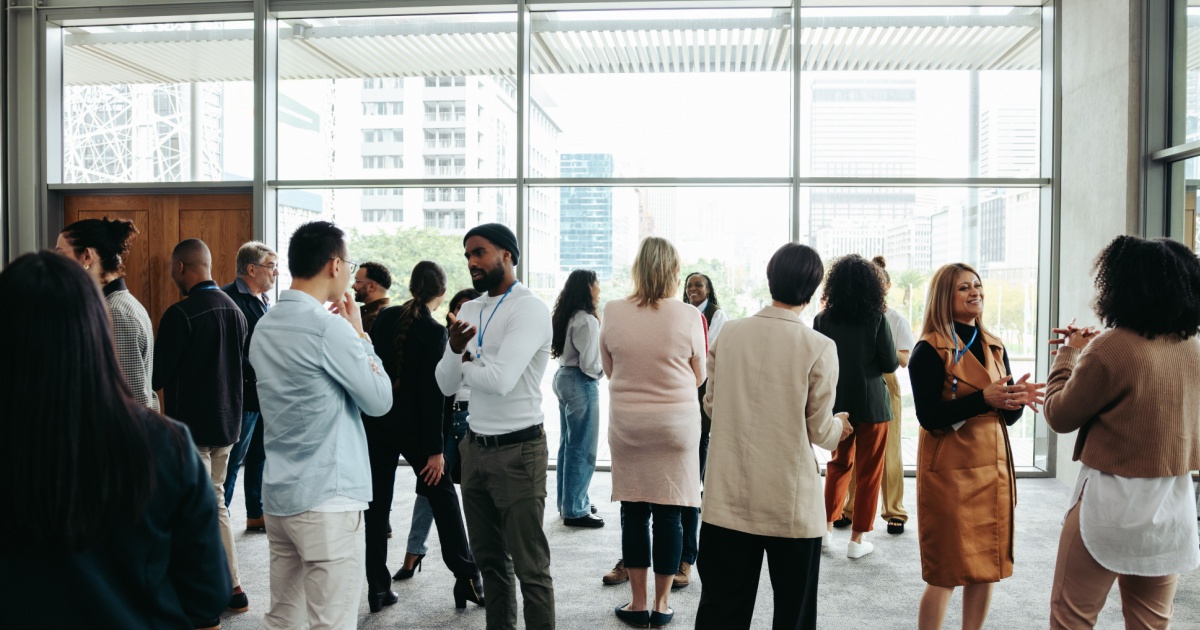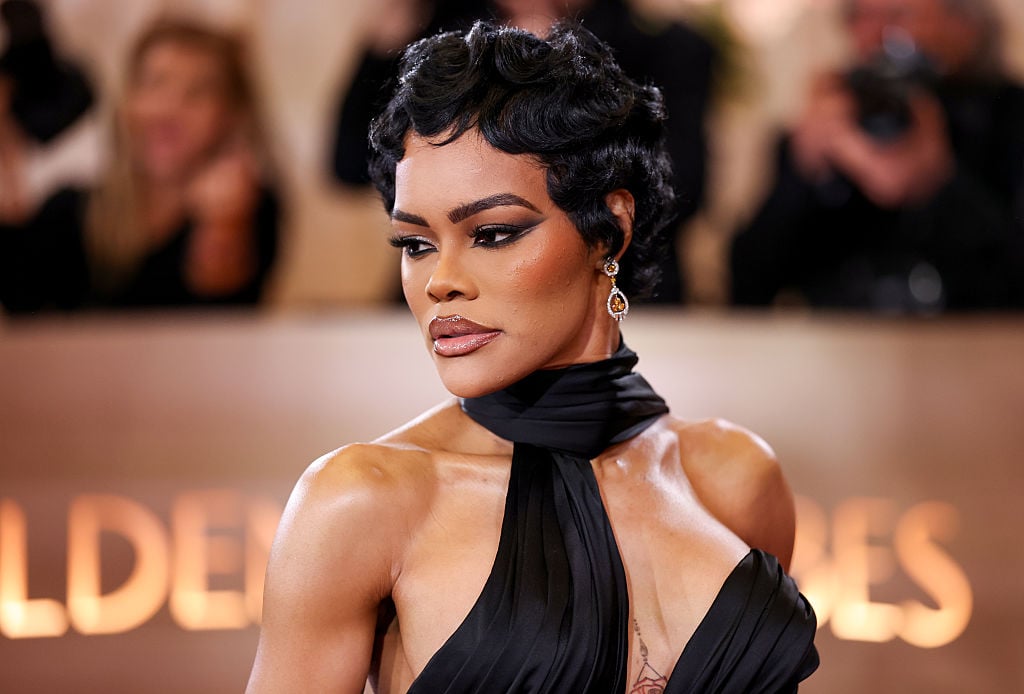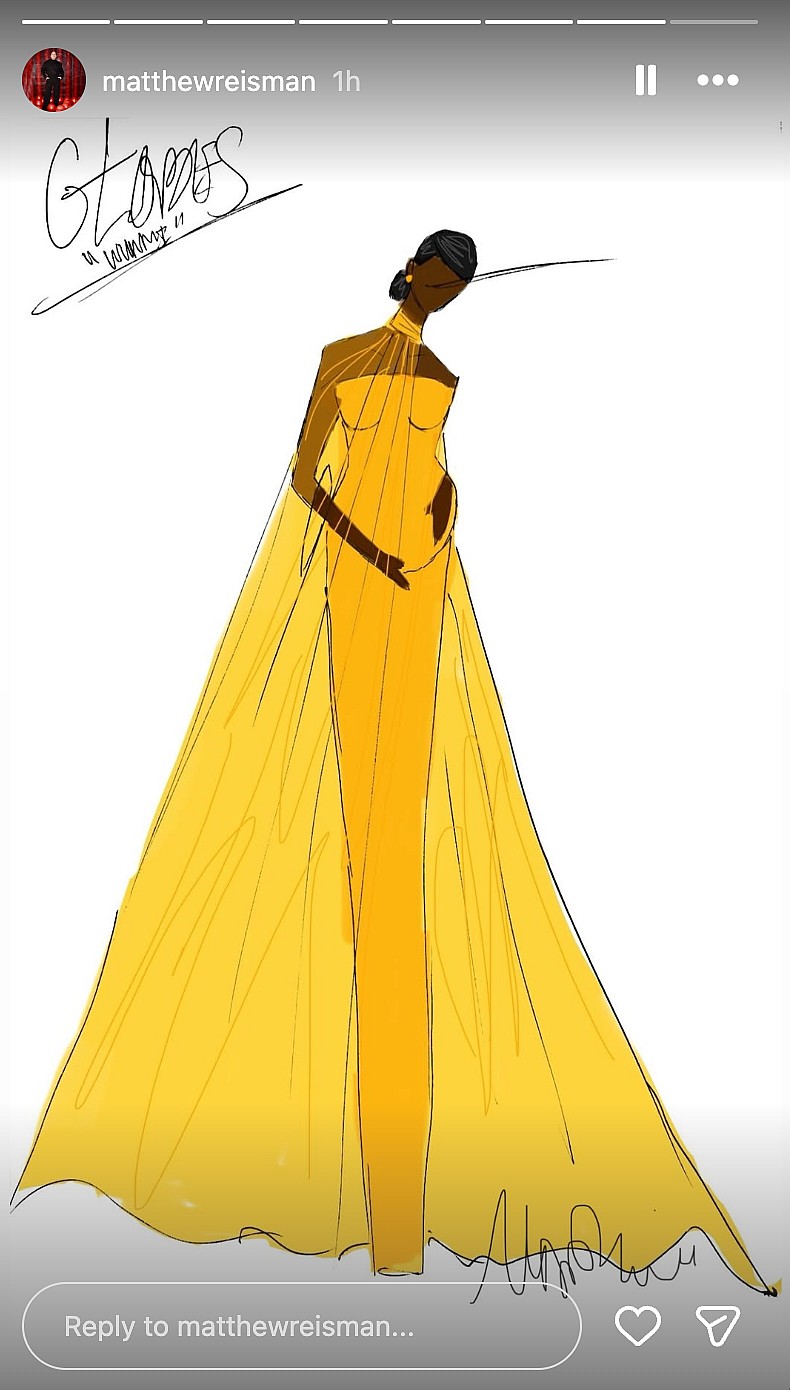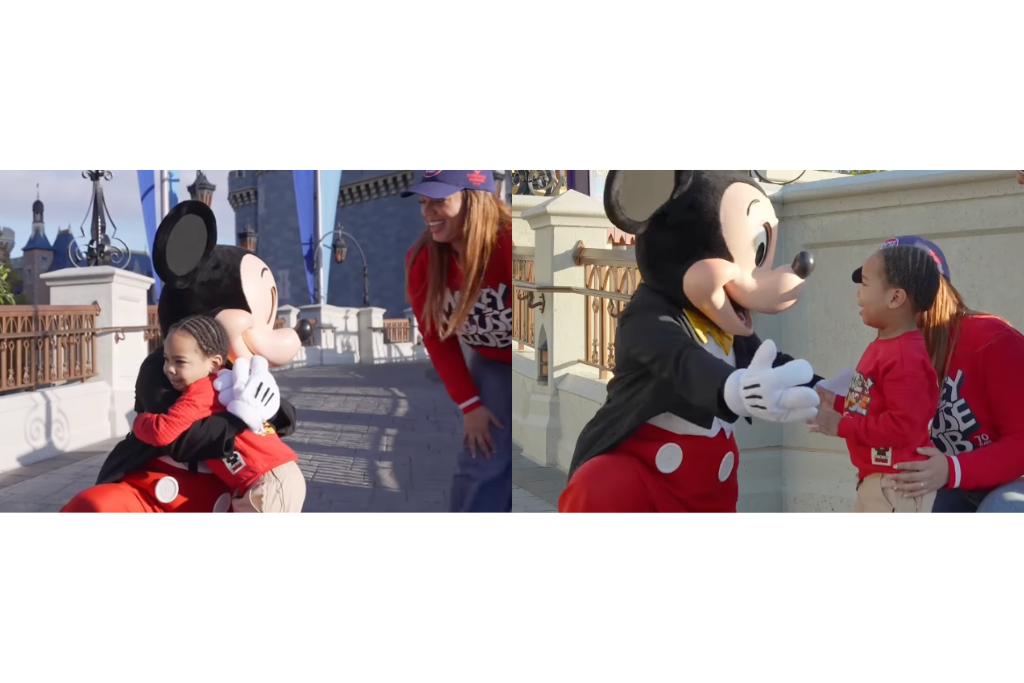
The best career advice I’ve ever gotten is also the worst—to find a new opportunity, just “use your connections.”
We’ve probably all heard a version of this at one point or another; it’s a go-to for a reason. For some people, it really is as easy as reaching out to a few close friends or family—and boom, they have a new job.
Unfortunately, I’ve never been one of those people.
I grew up in Topeka, Kansas, where the median earnings for women are a mere $36,154 and the poverty level is 16%. Pretty much everyone I knew either worked in a low-level government job or as a teacher. This meant they were generally doing good work and being grossly underpaid for it. When I got my first job as a greeting card editor in Kansas City, my starting salary was as much (or more) than what most of the adults in my life were making at the time.
When your connections aren’t the ‘right’ ones
In 2022, I pivoted to the world of freelancing, and in many ways, it felt like starting over. True, I had made all sorts of new friends and connections with my coworkers over the eight years I worked at that fancy corporate job, but the trouble was, they pretty much all still worked there. They couldn’t hire me or give me an “in” at any other places because most of them had always worked at the same place.
What they could offer was advice. The same advice.
Over and over and over.
The more times I was told to “use my connections,” the more frustrating it became. Every person was incredibly well-intentioned, but this didn’t change the fact that I didn’t know what I was supposed to do with this supposedly sage wisdom.
Because obviously, I’d tried to use my connections already.
The second I realized I would have to leave my toxic job without a surefire backup plan, I reached out to every person I could think of for help. My community is incredible, and I received plenty of responses. Unfortunately, none of them were a lead. Everyone wanted to help, but no one had any knowledge, work, or connections of their own to offer. They were basically standing there as the “take my money” meme, eager to support me how they could when I did finally find paying work, but unable to help me actually get there.
Thinking outside the box
While I kept trying the whole “use your connections” thing, I didn’t just rely on this. I sent cold pitches, applied for any job that I was remotely qualified for, and read endlessly about ways to form these mystical “connections.” As a neurodivergent introvert, most of the suggestions honestly made me want to scream into the void.
I was getting desperate, so I started going back through my emails, looking for any person I could squint at and call a connection. I found a rejection email from a newspaper that interviewed me, but ultimately, hadn’t hired me as their section editor. During the interview, they’d mentioned working with freelancers, so I knew it was at least a possibility. Knowing it was a long shot, I emailed the HR person who’d sent the rejection and asked if I could get the contact info for the editor they hired instead of me.
That email changed the entire trajectory of my career.
The editor in question gave me my first real shot at product testing guides and I fell in love with the niche immediately. He became one of my best clients, and the articles I produced with him became the portfolio that has gotten me most of my work since.
Who’s a connection anyway?
As a freelancer, connections really are everything. After a whole lot of trial and error, I finally have a good grip on who to include in this mysterious category. There’s the obvious friends, family, and coworkers (current and former), but no matter where you come from or what you do for a living, there are probably connections that you haven’t even begun to consider.
Prerika Agarwal, CEO of Inspiration Careers, says that using your connections is “about leveraging the community you’ve already built—whether you realize it or not.” She encourages her clients to “explore the less obvious spaces” such as alumni networks, professional organizations, community groups, and volunteer organizations. “It’s the connections you nurture through shared interests that often come back in the most unexpected, yet rewarding, ways,” she says.
Career development speaker and coach Michelle Enjoli says it’s important to use “every connection,” not just professionals in your industry. Her own career is a great example. During an internship at a local TV station, Enjoli frequently helped one of the station’s regular guests get ready and made an impression. This guest, though not personally in television herself, had connections to other TV stations and suggested Enjoli for a producer job on a network morning show in New York City. Enjoli not only got the job—she later learned that she was “90% hired” before the interview because she’d come so highly recommended.
Enjoli believes you can find and build a connection just about anywhere. Recently, she found herself chatting with a stranger in a coffee shop, only to learn that he was influential in the city and ended up providing valuable contacts and career advice.
She notes that it’s important to have your mini “elevator speech” ready, so when you’re having those random conversations and the stranger asks you about yourself, you can tell them in a few words who you are and what things you want to accomplish. “[‘Elevator speech’] sounds very formal but just break it down into a couple of things that you can interject in a conversation,” Enjoli advises.
Even if it’s been a while since you last connected with the person you met at a conference or alumni event, don’t let that stop you. “You have to move through the discomfort of reaching out to people you haven’t reached out to in a year or even a couple of years and simply do it,” says executive coach and author Arivee Vargas. “We often get stuck in our own heads and we ruminate over what the person will think of us, because we haven’t reached out in a long time.”
Chances are, she says, these people will love that you made contact. “These are not new relationships, they just need to be rejuvenated.”
Photo by Jacob Lund/Shutterstock.com




